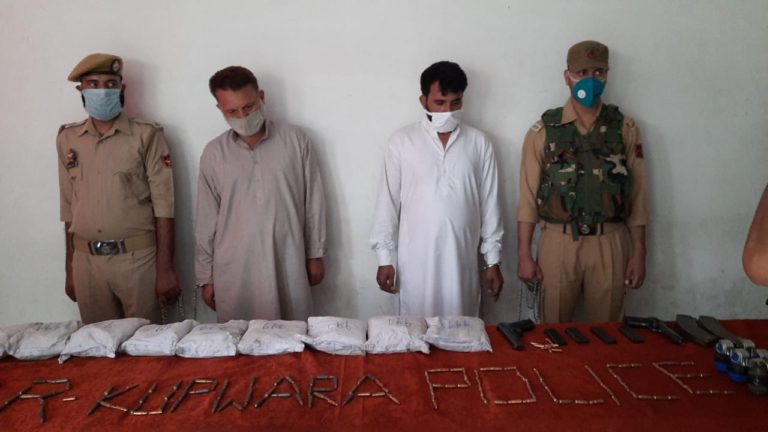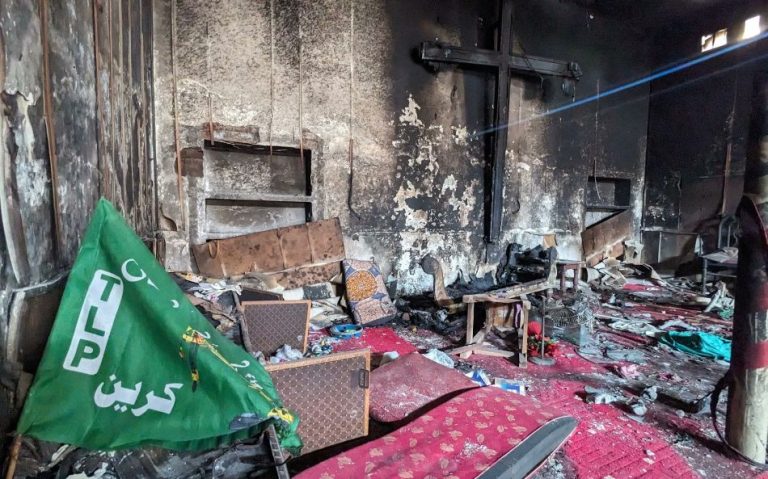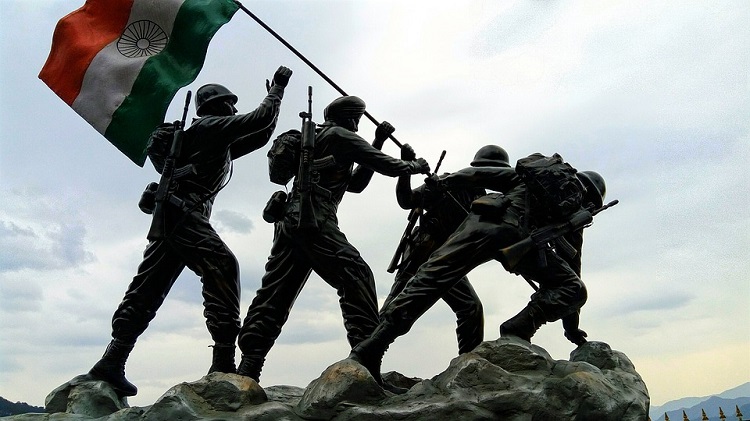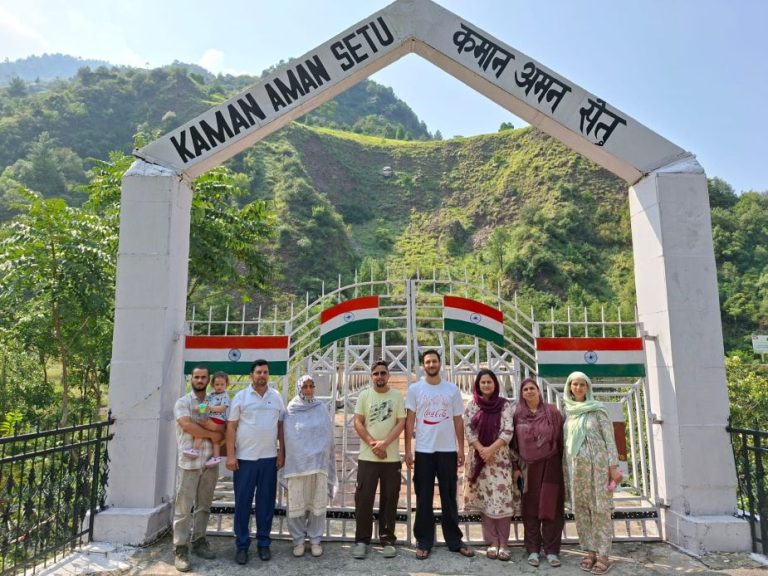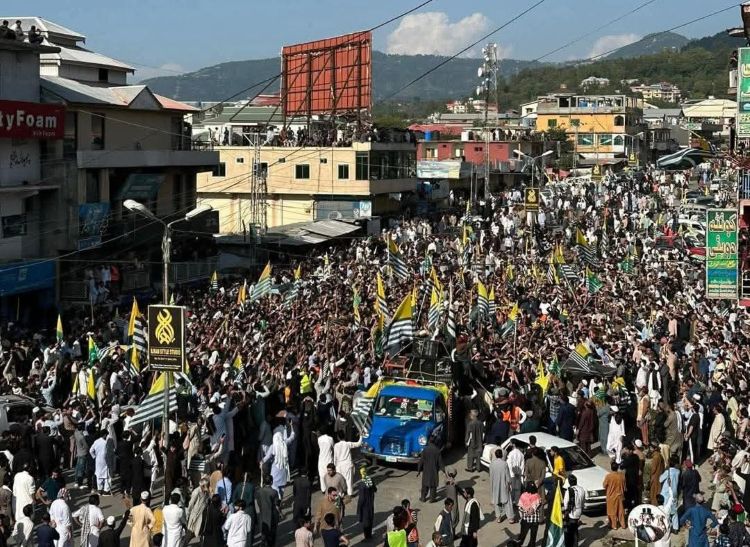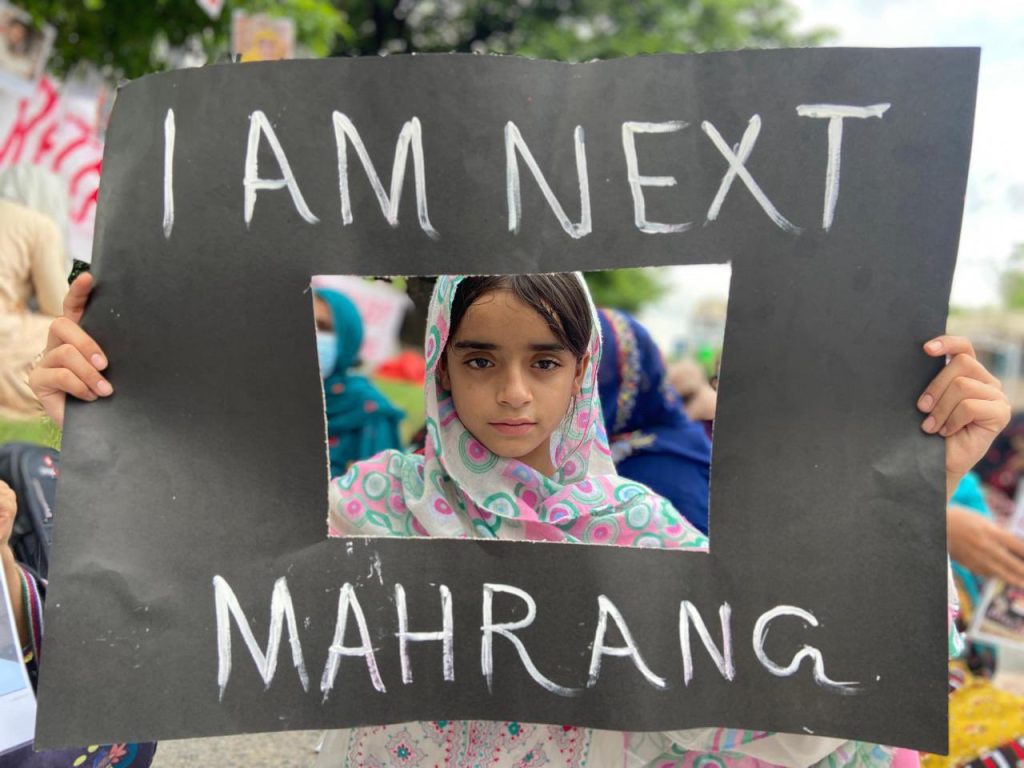Islamabad’s anger and embarrassment is understandable. Rawalpindi’s ill-considered decision to invest in the Afghan Taliban as a means to fulfill its ambition of creating ‘strategic depth’ in Afghanistan by orchestrating placement of a pliable regime in Kabul as a buffer against India has backfired. And Afghan Acting Foreign Minister Amir Khan Muttaqi’s recent visit to New Delhi and his anti-Pakistan statements only added insult to Islamabad’s wounds. While reacting to the joint statement issued during this visit, Pakistan’s Foreign Ministry mentioned that “it was conveyed that the reference to Jammu and Kashmir as part of India is in clear violation of the relevant UN Security Council resolutions and the legal status of Jammu and Kashmir.” Though an oft-repeated argument, Islamabad’s full of sound and fury statement merits a closer examination to ascertain the accuracy of the assertions contained therein.
A Ludicrous Narrative
Pakistan’s case on Kashmir is based on two arguments– One, J&K is ‘disputed territory’, and two, a plebiscite as envisaged in UNSC Resolution 47 needs to be held in order to ascertain the wishes of the Kashmiri people and determine whether they want to remain with India or become part of Pakistan. While it may assert that its stance on Kashmir is principled and in keeping with UNSC resolutions, the reality is that Islamabad’s Kashmir narrative is a mix of half-truths and selective
interpretation of UN resolutions.
Pakistan’s failure to garner support of the international community for its Kashmir narrative for more than seven-and-a half decades despite raising this issue on every conceivable occasion clearly indicates the inherent deficiency of compelling reasons in the same. So, let’s first examine Pakistan’s repetitive claim of J&K being “disputed territory” and thereafter the issue of plebiscite in J&K.
“Disputed Territory”?
A piece of real estate becomes disputed when its ownership is uncertain. The erstwhile ruler of J&K signed the Instrument of Accession in favour of India and being a legal document, it made this kingdom an integral part of India. The fact that legality of J&K’s accession to India has never ever been questioned by the UNSC clearly proves that this region is very much an integral part of India. Yet, Pakistan wants the world to believe that J&K is deemed “disputed territory” by UNSC.
As long as the ownership title of any disputed real estate remains unclear, the parties claiming rights over it don’t have any legal rights to make any arbitrary transactions related to such property. However, while Pakistan vociferously maintains that J&K is “disputed territory,” it has nevertheless unilaterally ceded the 5,200 square km Shaksgam Tract [which is part of J&K] to China under the Sino-Pakistan Agreement of 1963. By doing so, hasn’t Pakistan demolished its own claim of J&K being “disputed territory”?
Furthermore, if J&K is a UNSC designated “disputed territory,” then how did Pakistan enter into an agreement with Beijing to develop the China Pakistan Economic Corridor [CPEC] through Pakistan-occupied Jammu & Kashmir [PoJK], without seeking explicit prior permission of UN? Doesn’t this action rip apart Islamabad’s contention of J&K being a “disputed territory”?
Plebiscite
Whereas UNSC Resolution 47 does mention conduct of a plebiscite in J&K, this exercise is contingent on the following mandatory pre-requisites required to be fulfilled by the Government of Pakistan:
* “To secure the withdrawal from the State of Jammu and Kashmir of tribesmen and Pakistani nationals not normally resident therein who have entered the State for the purpose of fighting, and to prevent any intrusion into the State of such elements and any furnishing of material aid to those fighting in the State.”
* “To make known to all concerned that the measures indicated in this and the following paragraphs provide full freedom to all subjects of the State, regardless of creed, caste, or party, to express their views and to vote on the question of the accession of the State, and that therefore they should co-operate in the maintenance of peace and order.”
Pakistan has not only refused to withdraw non-residents from PoJK but has even changed the demography of this area by encouraging non-Kashmiris to settle here. Thus, we have a situation where on the one hand Islamabad keeps clamouring for a plebiscite in J&K, but on the other hand refuses to implement the first pre-condition for facilitating a plebiscite.
Next is the pre-requisite of ensuring “full freedom to all subjects of the State, regardless of creed, caste, or party, to express their views and to vote on the question of the accession of the State.” Para 7[2] of PoJK constitution stipulates that “No person or political party in ‘Azad Jammu and Kashmir’ shall be permitted to propagate against, or take part in activities prejudicial or detrimental to, the ideology of the State’s accession to Pakistan.”
When the PoJK constitution specifically criminalizes expressing any views against the ideology of PoJK’s accession to Pakistan, isn’t it delusional to expect that PoJK citizens will have ‘full freedom’ to express their choice while participating in the plebiscite?
Reality Check
It was Islamabad’s unsuccessful attempt to internationalise the Kashmir issue by trying to project abrogation of Article 370 by India as a brazen violation of UN resolutions on Kashmir that showed Pakistan the mirror. While its efforts to seek UN intervention failed miserably, Pakistan’s own leaders and its International Court of Justice [ICJ] barrister openly admitted that Islamabad’s contention had no merit.
Readers would recall that even before the UNSC took a decision on Islamabad’s demand that New Delhi should revoke abrogation of Article 370, Pakistan’s Foreign Minister Shah Mehmood Qureshi asked his countrymen not to “live in the fool paradise” because UNSC members “are not waiting with garlands in their hands.” And his prognosis was bang-on!
Similarly, after Islamabad announced that it would take the Article 370 abrogation issue to ICJ, Pakistan’s advocate at ICJ Khawar Qureshi admitted that “In the absence of these pieces of evidence [of genocide in J&K], it is extremely difficult for Pakistan to take this case to ICJ. That Islamabad finally decided against taking this issue to ICJ validates its legally untenable position on Kashmir.
Rawalpindi’s ‘Remedy’
Pakistan Army chief Field Marshal Syed Asim Munir’s brag that “Pakistan has already fought three wars for Kashmir, and if ten more wars are required, Pakistan will fight them,” raises a very pertinent question that strikes down Pakistan’s so-called principled position on Kashmir.
If Pakistan’s stand on Kashmir is indeed principled and in keeping with UNSC resolutions on Kashmir [which envisages peaceful resolution of this issue], then where was the need for the Pakistan Army to barefacedly violate the same by waging three unsuccessful wars with the aim of wresting control of J&K through force of arms?
And when Rawalpindi unilaterally violated UNSC resolutions calling for peaceful resolution of the Kashmir issue in 1965 by undertaking a full scale military offensive [Operation Gibraltar] in a bid to annex Kashmir, didn’t Pakistan lose the moral right to invoke UNSC resolutions?
Pakistan’s Predicament
The Field Marshal’s remark of fighting “ten more wars” for J&K, if required, is an unambiguous acceptance of two facts. One, Islamabad’s Kashmir narrative is too feeble to convince the international community and so, military means is the only way forward to fulfill Pakistan’s nearly eight-decade old unfulfilled dream. Two, it’s beyond the Pakistan Army’s capability to seize J&K, and as it has no other option but to wage as many as ten wars for this purpose and that too without the guarantee of any success.
Every prime minister and army chief of Pakistan has been feeding citizens with the highly addictive “Kashmir banega Pakistan” [Kashmir will become part of Pakistan] opiate to divert public attention from the humongous governance and military failures of the country’s army-run government.
Unfortunately for Pakistan, while its diplomatic offensive on Kashmir has made no headway, the army has an abysmal operational record of not one but three unsuccessful attempts to seize J&K. Under such adverse circumstances, both Islamabad and Rawalpindi have no other option but to raise the Kashmir issue at the drop of a hat, believing the assertion of Adolf Hitler’s Propaganda Minister Joseph Goebbels that “If you tell a lie big enough and keep repeating it, people will eventually come to believe it”!


